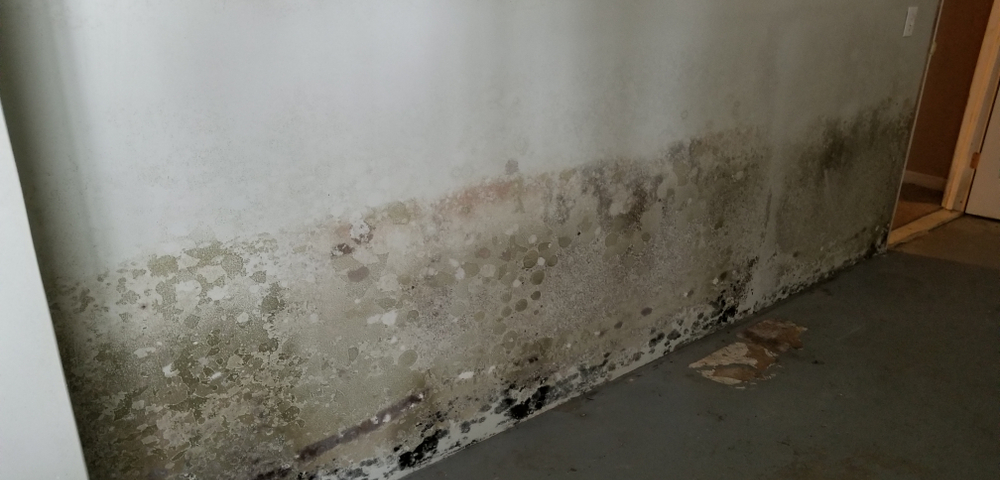- WE’RE HERE TO HELP | SE HABLA ESPAÑOL
- 800.586.5555
The Recent History of Hurricane Lawsuits in Florida
The Recent History of Hurricane Lawsuits in Florida

Hurricane Irma caused a massive amount of property damage in Florida, which resulted in the filing of a very high volume of property damage claims.
Mistakes and oversights are inevitably made when insurers are suddenly inundated with a huge number of claims. Insurance companies try to cope and process all those claims in a timely manner by bringing in additional claims adjusters from out of state or pushing unexperienced rookie adjusters into service, but the lack of experience and the rush to evaluate claims inevitably leads to mistakes.
While the logistical hurdles are understandable, it’s not an adequate justification for leaving home and business owners holding the repair bill. When policyholders push back on undervalued or denied claims, insurance companies have two options: quickly reevaluate the claim and compensate their client appropriately or get sued.
Many property owners were forced to use the latter option after Hurricane Irma. The Florida Office of Insurance Regulation, which tracks, among other things, hurricane damage claims, published the following as of November 14, 2018:
- Total Hurricane Irma Claims: 838,109
- Claims that Were Paid and Closed: 522,493
- Claims that Were Closed and Not Paid: 256,605
- Claims Still Open: 59,011
As of that analysis, more than a year after Hurricane Irma made landfall, seven percent of the hurricane damage claims were outstanding. Dade county had the highest rate of outstanding claims, with 18 percent remaining open.
Citizens Property Insurance Corp., a Florida insurance company, told the public that every claim was handled by “qualified, licensed adjusters.”
Citizen’s CEO, Barry Gilway, addressed the company’s Board of Governors on April 11, 2018. He told them that some policyholders were under the mistaken impression that once their claim closed, they would be unable to receive additional compensation in the future, which is why so many hired lawyers and independent adjusters.
The problem with that explanation is it doesn’t take into account the policyholder’s position. There are dozens of highly publicized anecdotal accounts of homeowners who were unable to make repairs and move back home for months or even a year or more after Hurricane Irma due to claim disputes.
Many policyholders likely felt they had no choice but to talk to an attorney after:
- The roof of their home was damaged, letting in water and causing mold growth
- The insurance company adjuster gave the property a cursory look, undervalued the claim and closed it out
- The policy holder had to go back to the crowded line of claim filers and jump through hoops to try to get their claim reopened and reevaluated, which may or may not result in fair treatment and compensation
It’s hard to fault policyholders for thinking they needed to get legal assistance to avoid having to shoulder the majority of their repair or rebuild costs out of pocket.
Citizens Property Insurance attempted to head off the onrush of litigation by reopening approximately 37 percent of potentially under-payed Hurricane Irma claims.
Hurricane Michael Affected Fewer Policyholders but Caused Just as Much Heartache
The Florida Office of Insurance Regulation’s numbers for Hurricane Michael were updated October 25, 2019 and included:
- Total Hurricane Michael Claims: 99,554
- Claims that Were Paid and Closed: 74,363
- Claims that Were Closed and Not Paid: 13,790
- Claims Still Open: 11,401
As of October 25, 2019, roughly 11.5 percent of Hurricane Michael claims were still open. Bay County, home to Panama City, had the most outstanding claims with 12.9 percent still open.
One thing that isn’t tracked by the Office of Insurance Regulation is inadequate payment.
A Tampa Bay Times article detailed the experience of Jim Nunneley, a Cape San Blas resident with four policies between his home and business. He paid $1,500 a year for his home’s wind policy. His insurance company sent out four different adjusters to inspect his roof after Hurricane Michael. None of them even brought a ladder.
Nunneley said each company was more concerned with quoting his policy’s fine print and asserting the damage was caused by some uncovered peril rather than actually compensate him for his loss, despite how much he had paid over the years in premiums for all of his policies.
Another policyholder in the article had his home entirely destroyed. His insurance provider told him in November 2018 they’d pay $135,000. It took nearly the entire 90-day time limit for his check to arrive. When the check finally did arrive, he discovered it was for only $12,000.
The policy holder talked to his neighbor who had the same insurer (but was assigned a different claims adjuster) and found out his neighbor managed to get $285,000 – with the help of a hurricane damage attorney.
That policy holder got a lawyer, and after a five-hour mediation his claim payment was bumped up to $225,000 – after attorney’s fees.
If You Need Help, Don’t Hesitate to Contact an Independent Claims Adjuster or Hurricane Damage Attorney
Insurance professionals may take it for granted that they work in a confusing, convoluted industry. Many policyholders likely don’t realize reopening an underpaid claim is even an option. In many cases, policyholders are denied additional funds due to claims adjuster error or simply inadequate analysis of the full extent of damages.
Faulting the policyholder for seeking assistance from an attorney to avoid financial ruin is likely not the most productive approach for insurance companies trying to manage the PR fallout.
